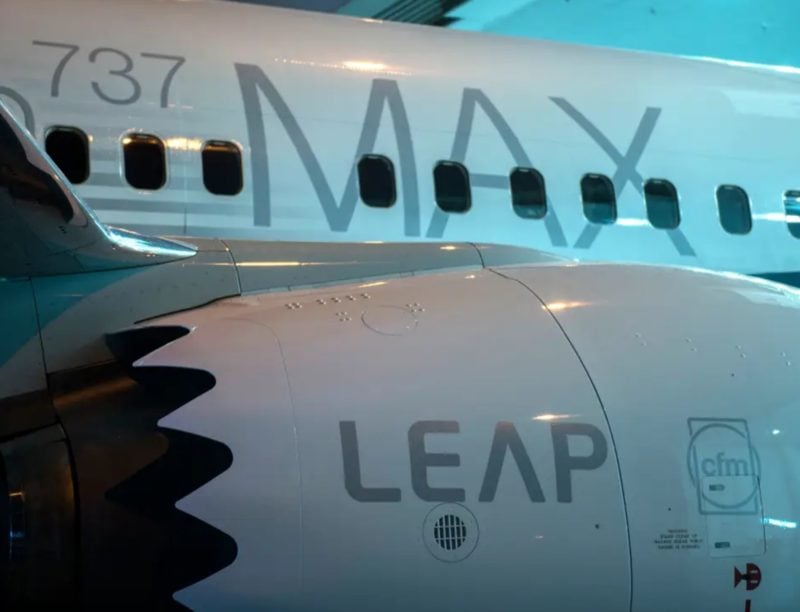
MAX LEAP e1594652695747
Several carriers are seeking financing for their Boeing 737 MAX orders, but in the midst of the current global pandemic are finding that lenders with terms that were available pre-crisis are virtually impossible to find. That, of course, changes the economics of a new aircraft, and airlines like American are reportedly asking Boeing for help in arranging appropriate financing.
Traditionally, the leasing companies would be the market maker for new aircraft, with sale and leaseback transactions when airlines can’t obtain financing. But in the case of the MAX, leasing companies are worried about future demand, with many reducing their order books for the type in the wake of two crashes and an extended grounding. Confidence in the MAX was weaker than for its competition prior to the global pandemic, which has resulted in a decimated airline industry and little confidence in the market overall in the near term.
As a result, finding financing is difficult, even for aircraft that have already been built and were scheduled for delivery a year and a half ago. Airlines find themselves at a decision point. Can they afford to take on debt for new aircraft at higher rates than they have been planning given the impact of the pandemic on their balance sheets, or are they better off canceling orders and sticking with older aircraft?
Subscriber content – Sign in Monthly Subscription Annual Subscription




